Executive Summary
Somalia is a federal parliamentary republic. President Mohamed Abdullahi Mohamed "Farmaajo,” following his election by a joint vote of the two houses of parliament in February 2017, led the Federal Government of Somalia (FGS), formed in 2012. Members of the two houses of parliament were selected through indirect elections conducted from October 2016 through January 2017, with House of the People membership chosen on clan affiliation and a power-sharing formula, and Upper House membership chosen by state assemblies. The electoral process for both houses was widely viewed as flawed and marred with corruption, but the two houses of parliament elected President Farmaajo in a process viewed as fair and transparent. The government of the self-declared Republic of Somaliland in the northwest and the regional government of Puntland in the northeast controlled their respective jurisdictions.
The provisional federal constitution states the armed forces are responsible for assuring the country’s sovereignty, independence, and territorial integrity. The Somalia National Army is also engaged in a continuing conflict with the insurgent Islamist group al-Shabaab in many parts of the country. The national, federal, and state police are responsible for protecting lives, property, peace, and security. The army reports to the Ministry of Defense, and the Somali Police Force reports to the Ministry of Internal Security. Civilian authorities did not always maintain effective control over the security forces.
Significant human rights issues included: unlawful or arbitrary killing, including extrajudicial killings, of civilians by federal government forces, clan militias, al-Shabaab, and unknown assailants; forced disappearances by al-Shabaab; torture and other cruel, inhuman, or degrading treatment or punishment by federal government forces, clan militias, al-Shabaab, and unknown assailants; arbitrary and politically motivated arrest and detentions, including of journalists by federal government forces and regional government forces; harsh and life-threatening prison conditions; political prisoners; arbitrary or unlawful interference with privacy; serious problems with the independence of the judiciary; the worst forms of restrictions on free expression, the press, and internet, including violence, threats of violence, and unjustified arrests and prosecutions of journalists, censorship, site blocking, and the existence of criminal libel laws; numerous acts of corruption; restrictions on political participation; unlawful recruitment or use of child soldiers by federal government forces, clan militias, Ahlu Sunna Wal Jama (ASWJ), and al-Shabaab; the existence or use of laws criminalizing consensual same-sex sexual conduct between adults; violence against women and girls, partly caused by government inaction; forced labor; and the worst forms of child labor.
Impunity generally remained the norm. Government authorities took minimal steps to prosecute and punish officials who committed abuses, particularly military and police personnel.
Conflict during the year involving the government, militias, the African Union Mission in Somalia (AMISOM), and al-Shabaab resulted in death, injury, and displacement of civilians. Clan militias and al-Shabaab continued to commit grave abuses throughout the country; al-Shabaab committed the majority of severe human rights abuses, particularly terrorist attacks on civilians and targeted killings, including extrajudicial and politically motivated killings; disappearances; cruel and unusual punishment; rape; and attacks on employees of nongovernmental organizations (NGOs) and the United Nations. Al-Shabaab also blocked humanitarian assistance, conscripted child soldiers, and restricted freedoms of speech, press, assembly, and movement. AMISOM troops killed civilians (see section 1.g.).




 0
0 
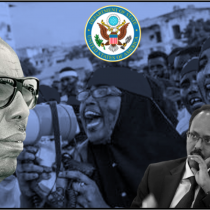

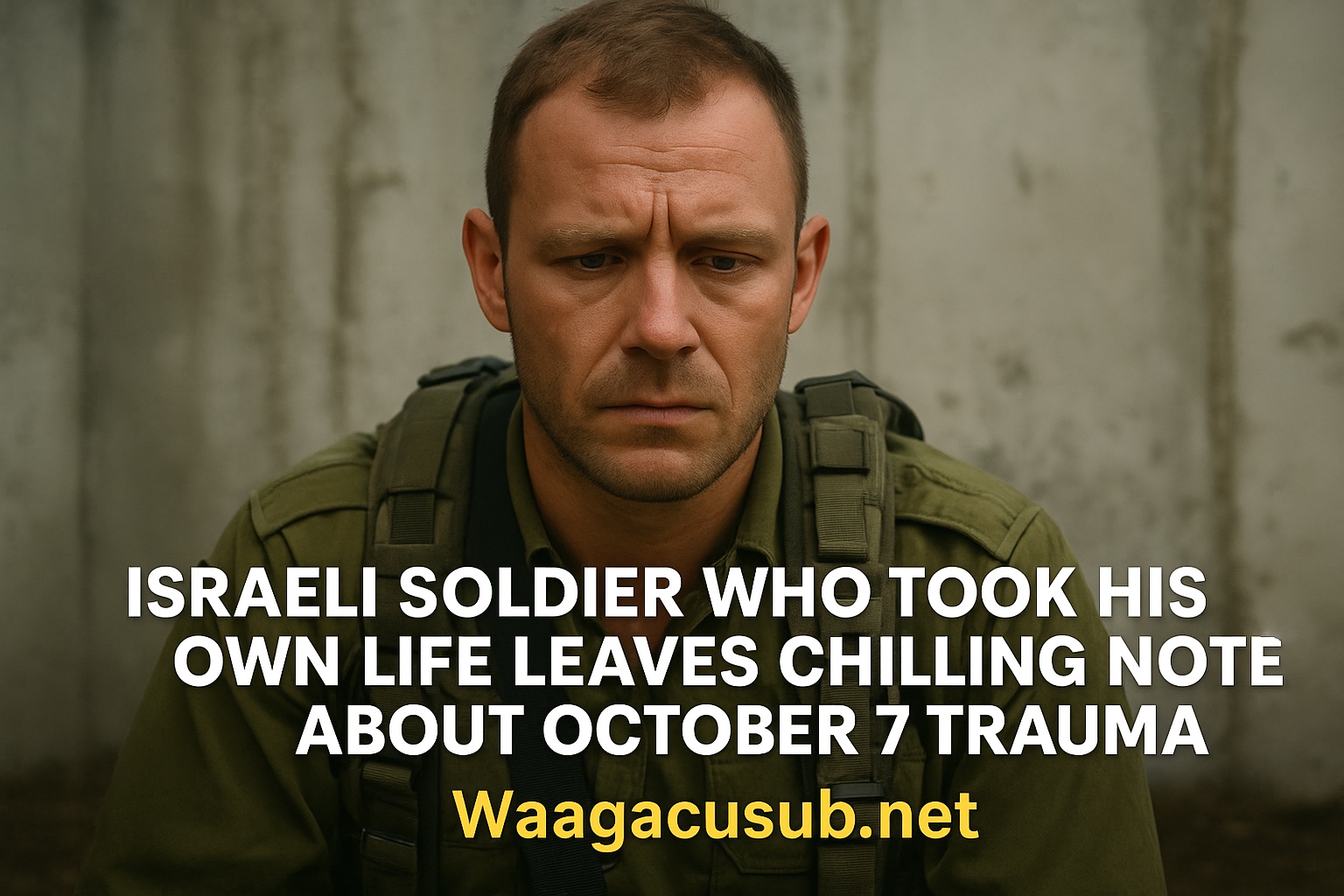
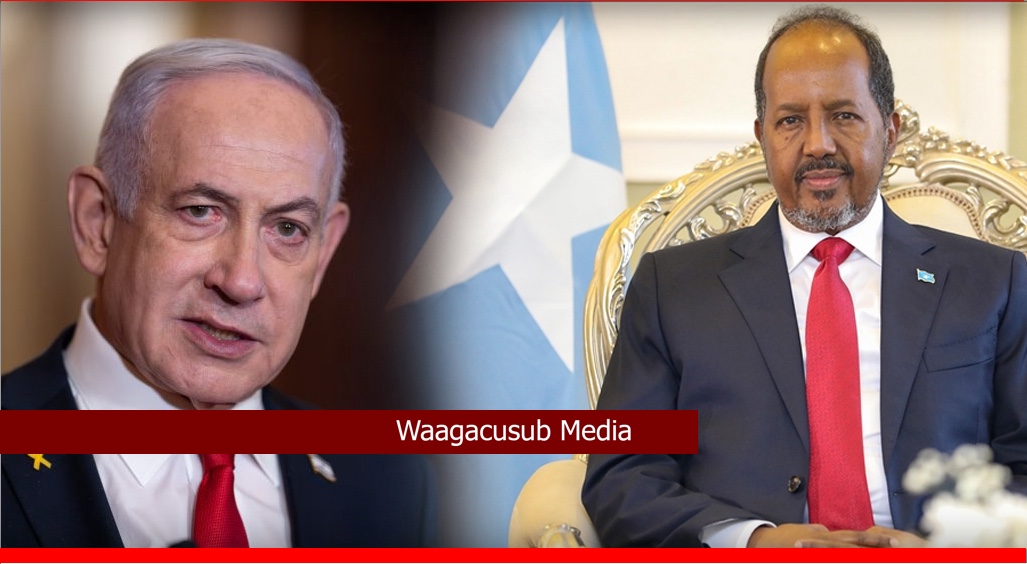
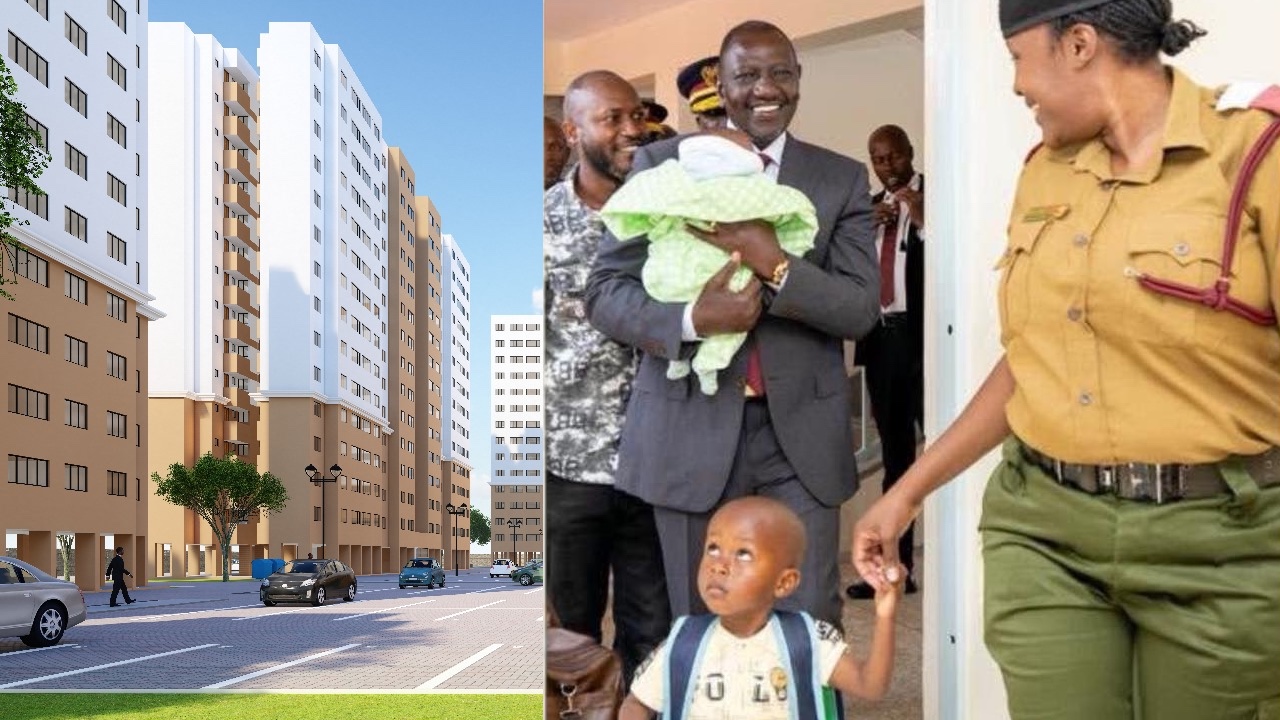
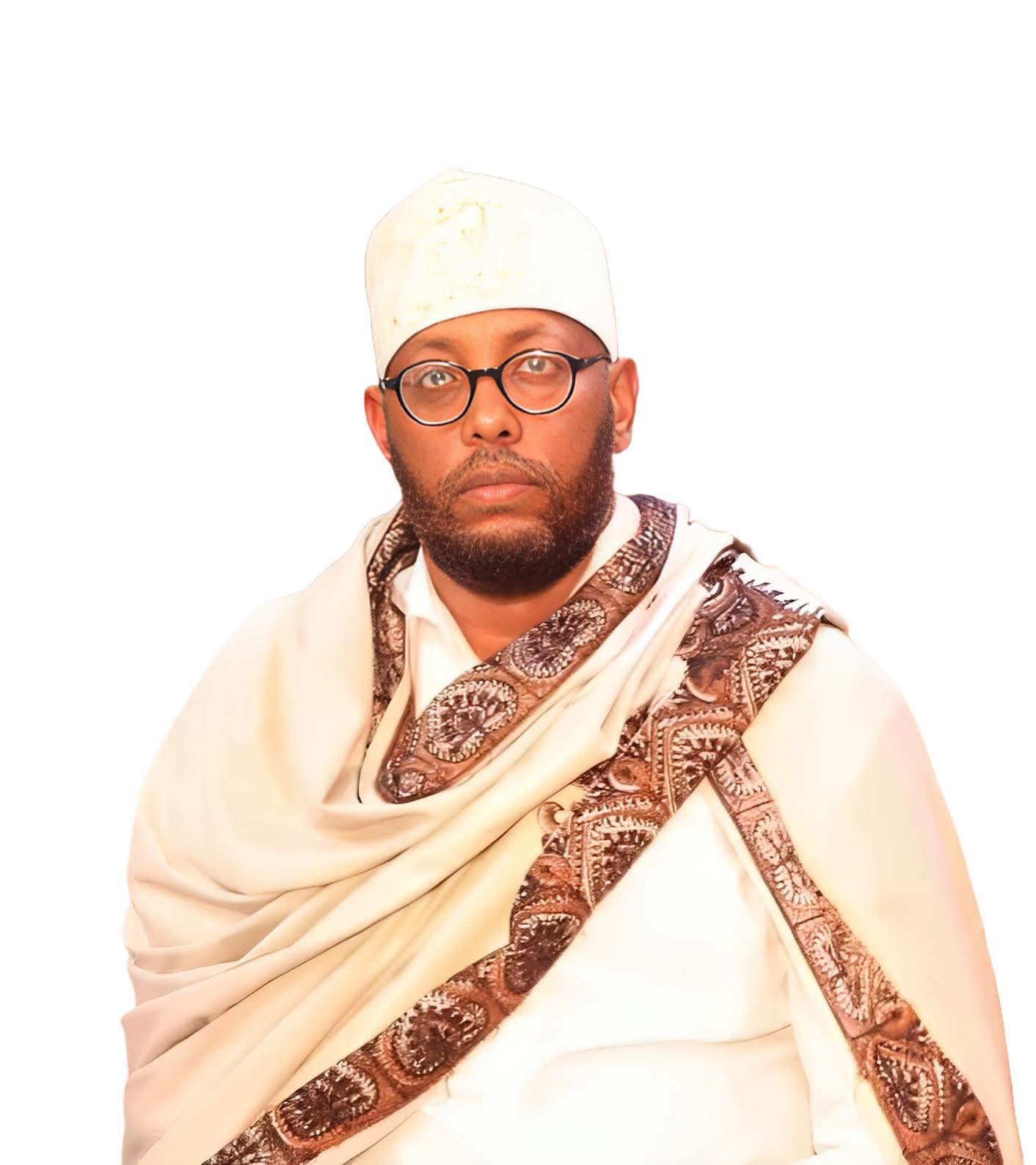
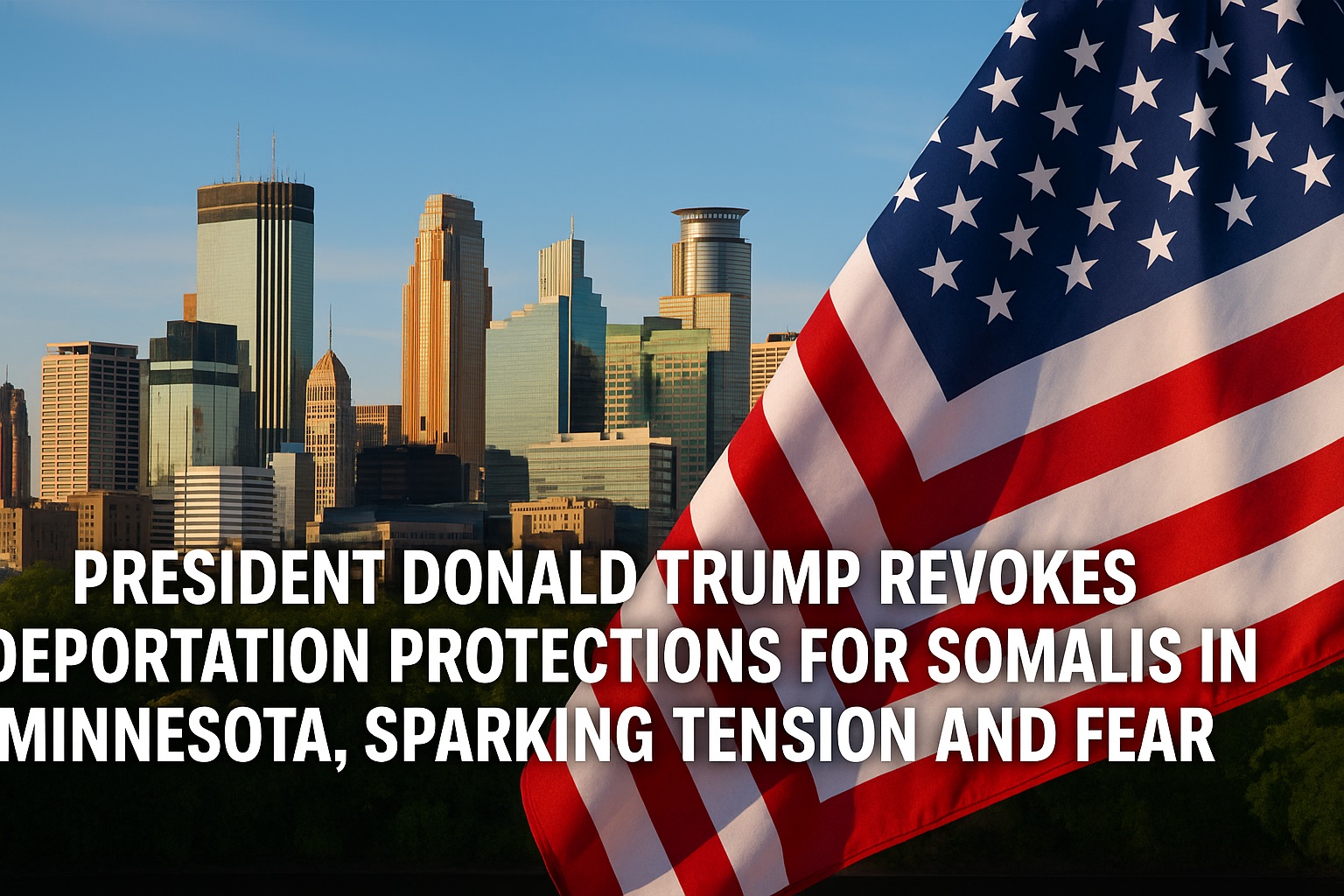
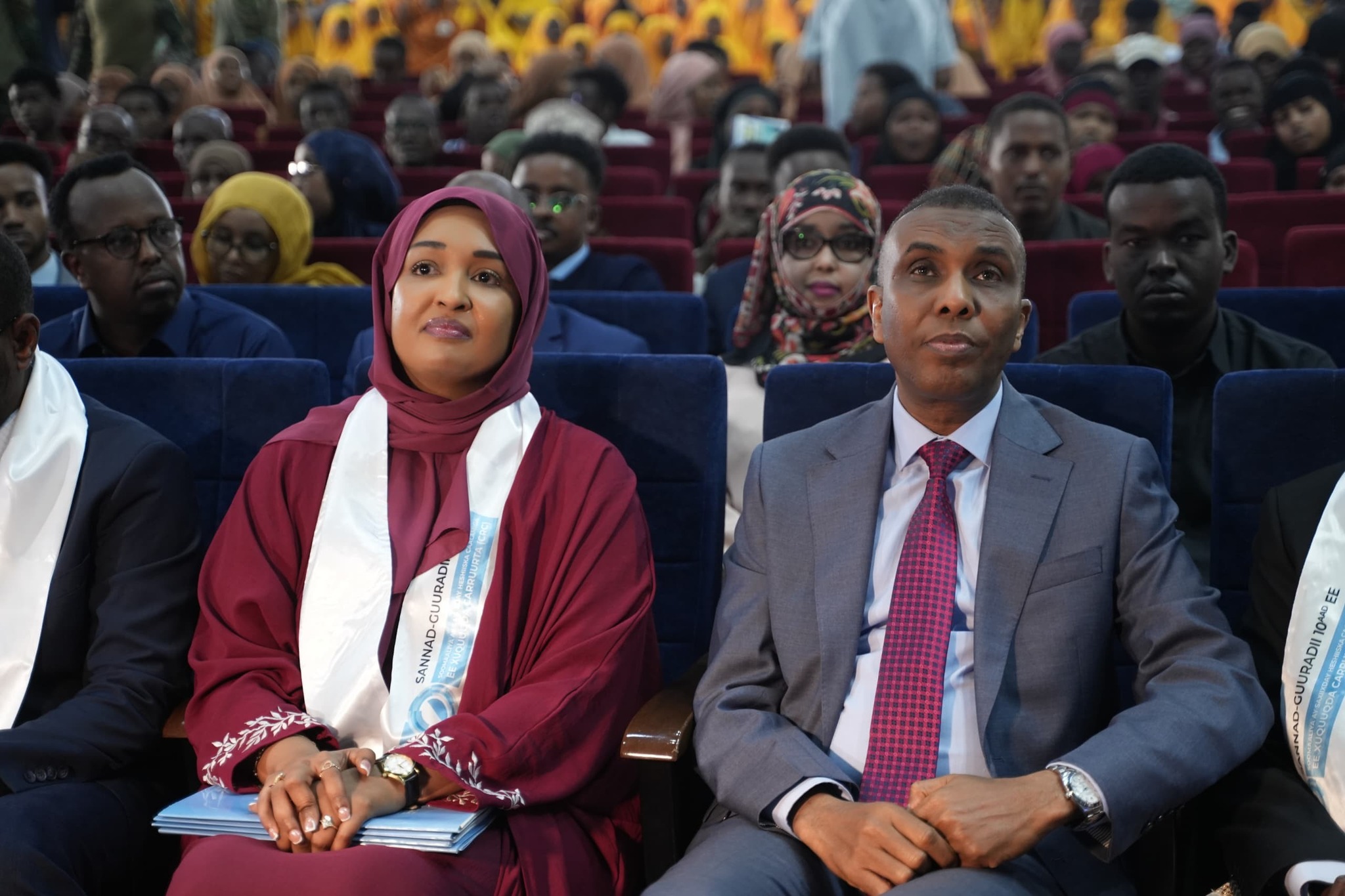
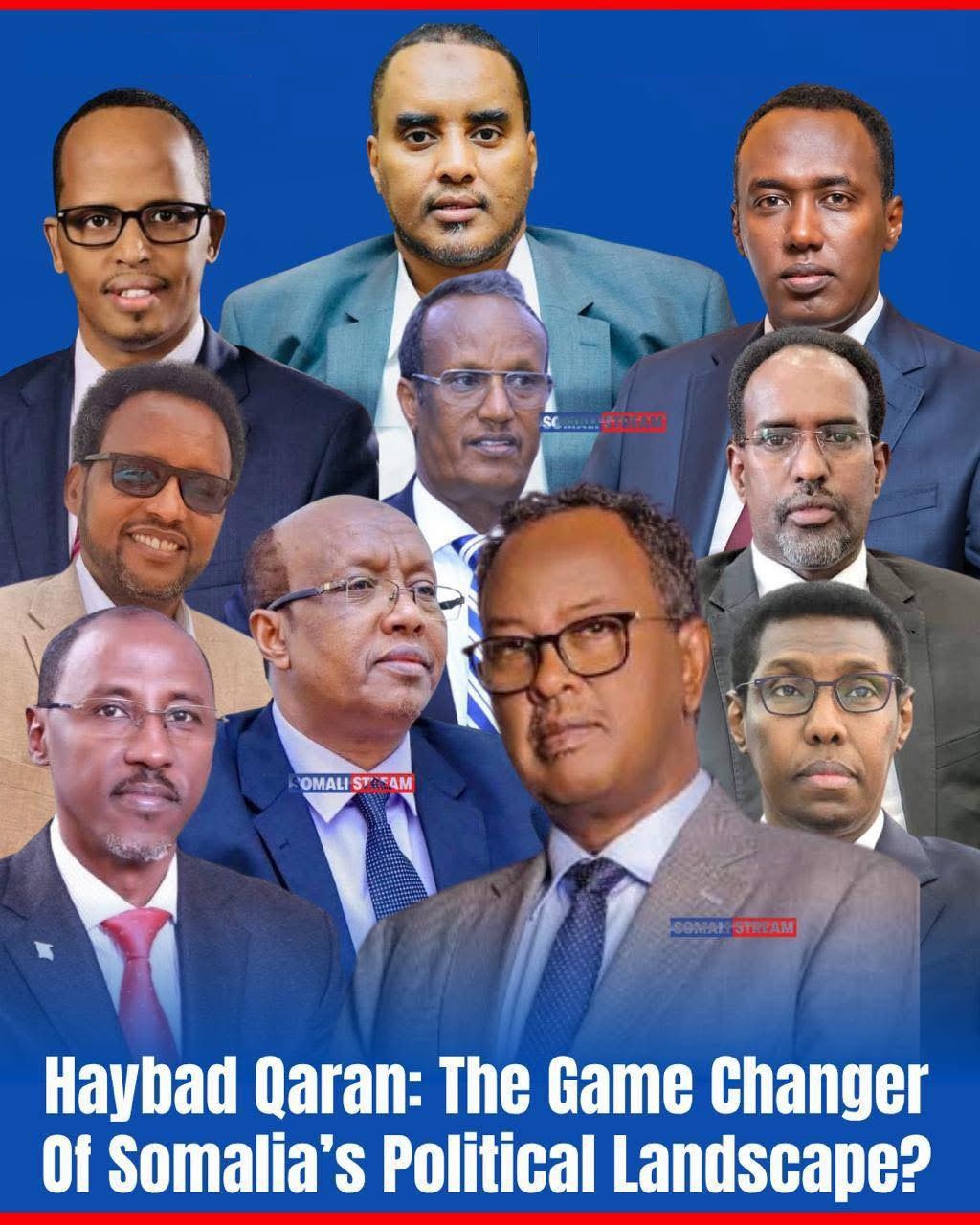

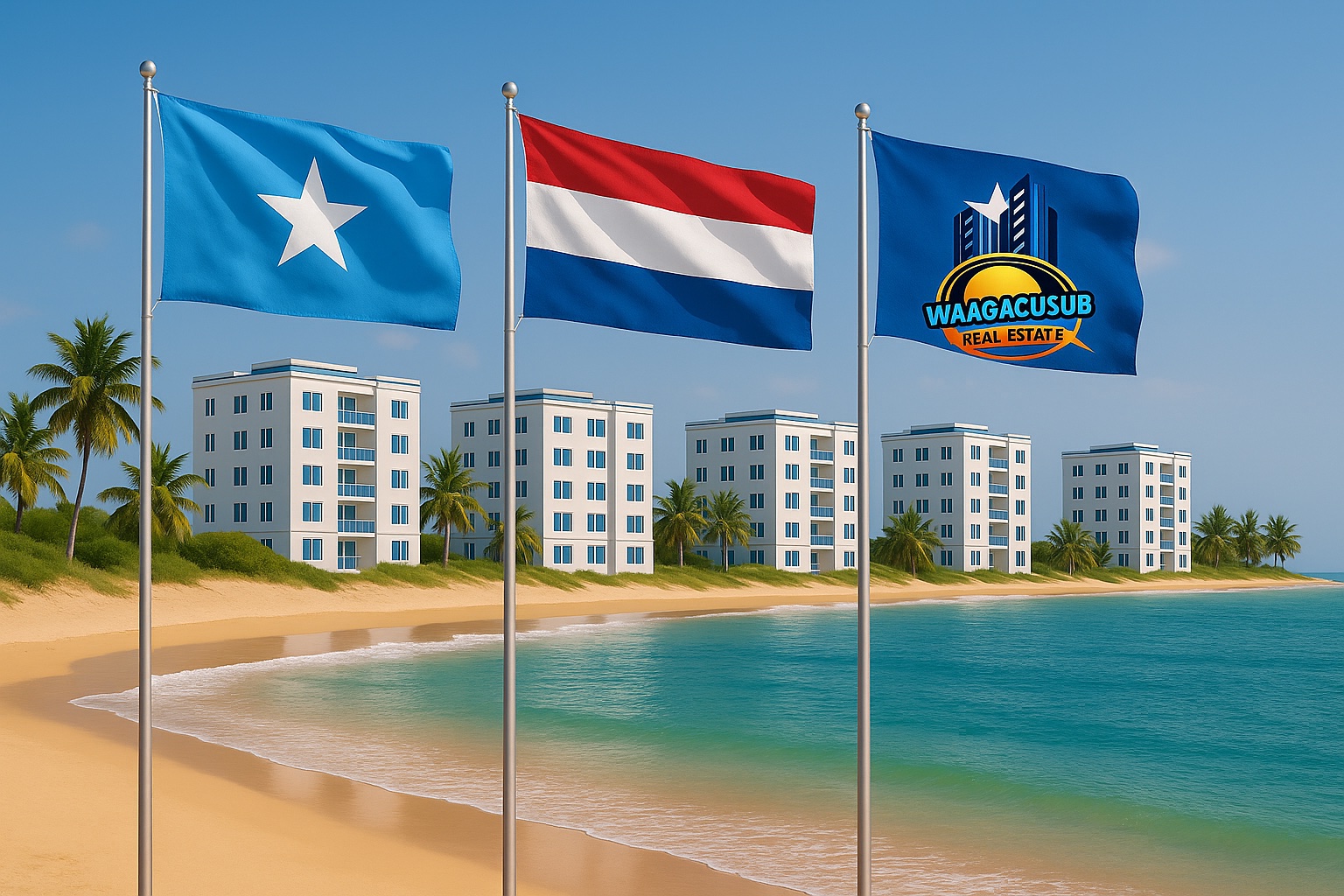
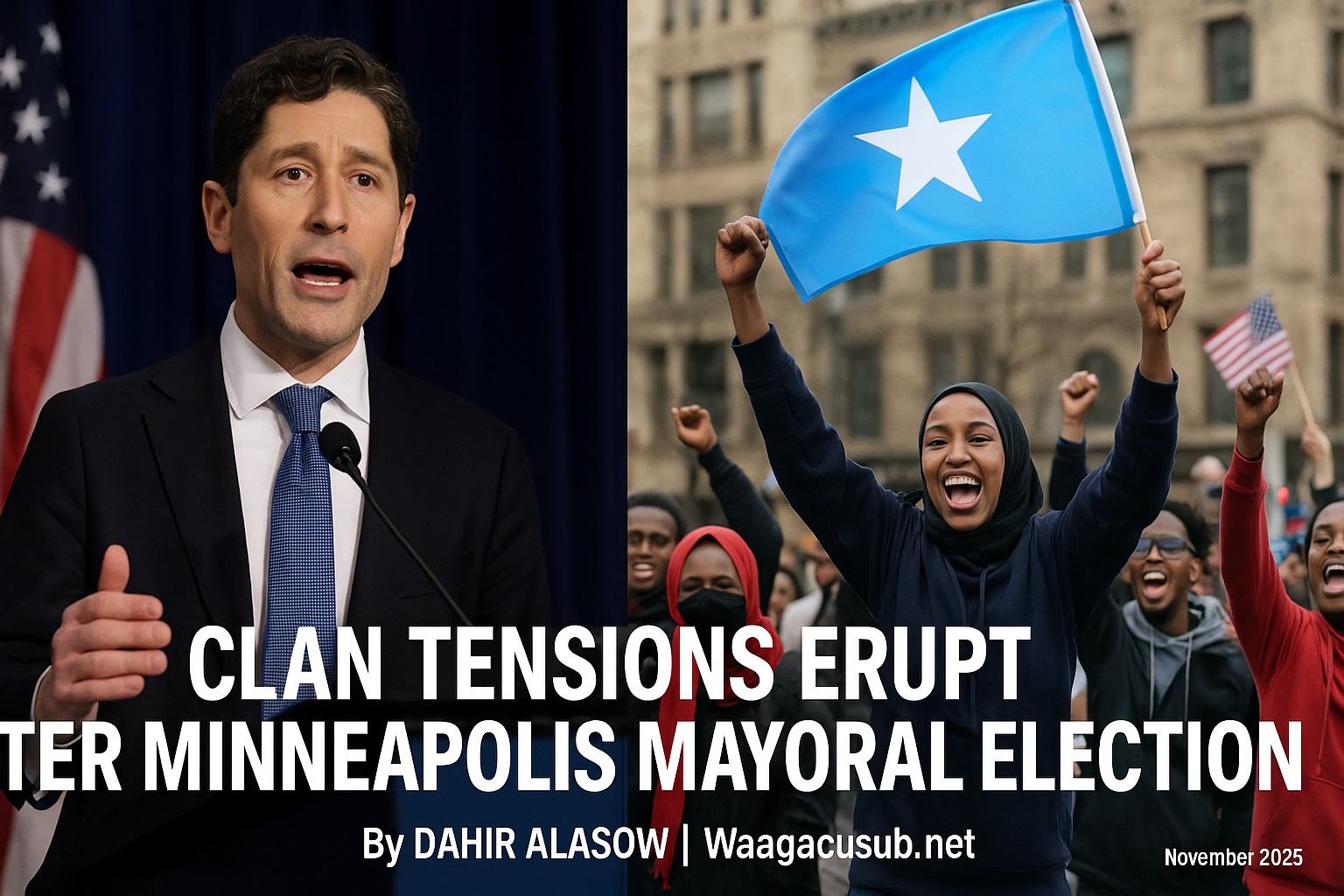

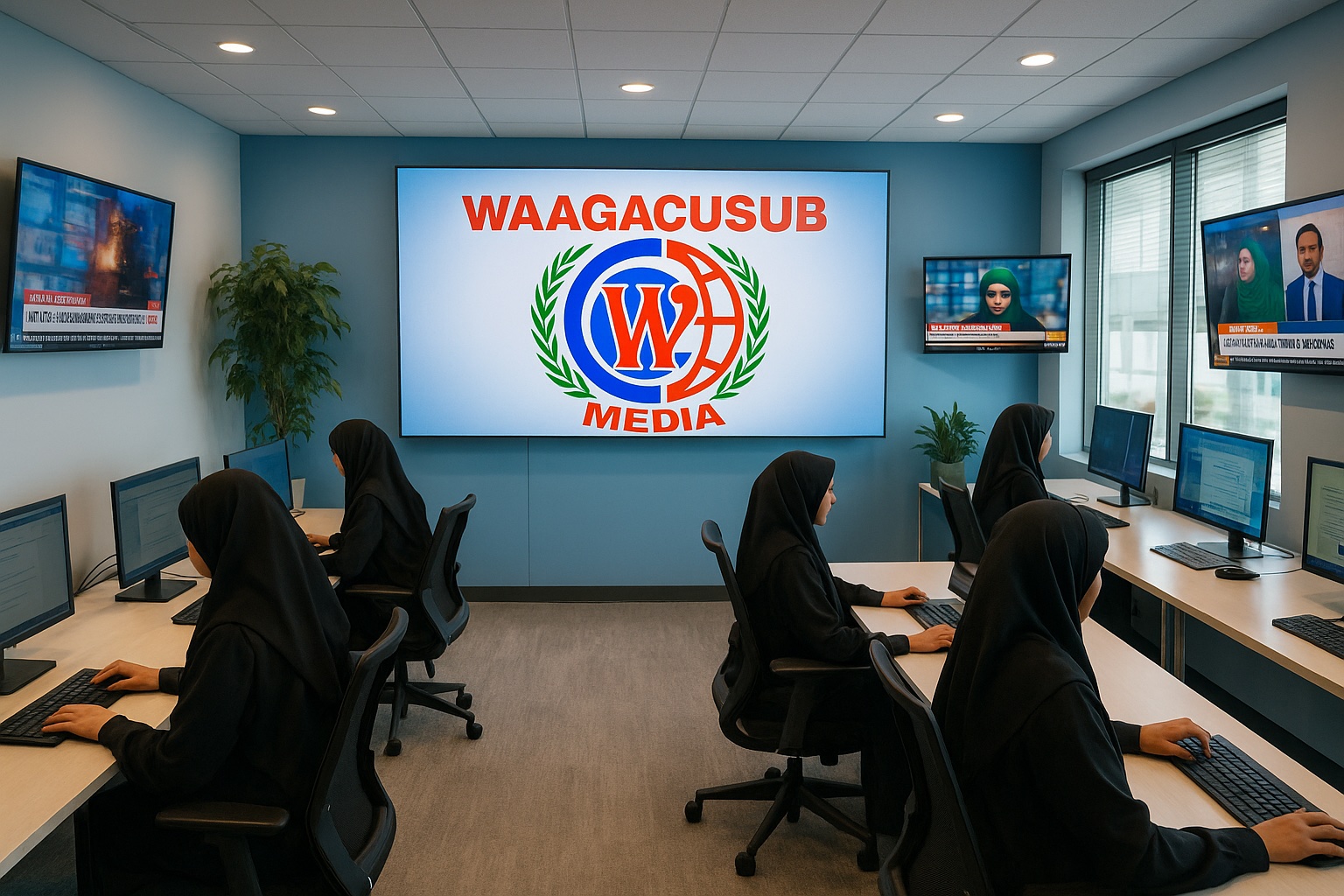
Dowladda Mareykanka oo Farmaajo ku oogtay tacadiyadii Siyad Barre iyo Al-bashiir-kii Sudan ee dimbiyo dagaal iyo tacadiyo ka baxsan xaquuqul insaanka
Waagacusub.com - Warbixin ay soo saartay wasaaradda arrimaha dibadda ee Mareykanka ayaa lagu eedeeyay Madaxweyne Maxamed Cabdullahi Farmaajo xadgudub ka dhan ah xuquuqul insaanka iyadoo lagu eedeeyay in dowladdiisa ay geysatay dilal sharci darro ah,